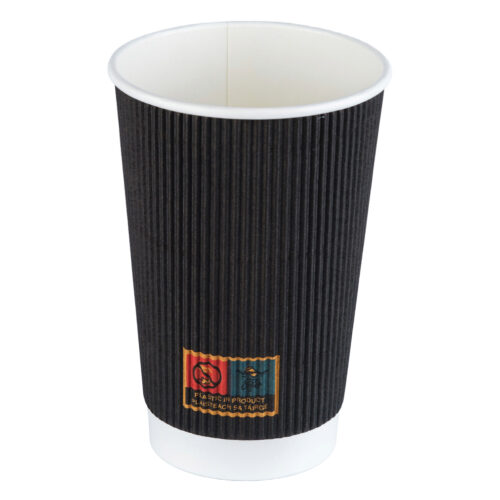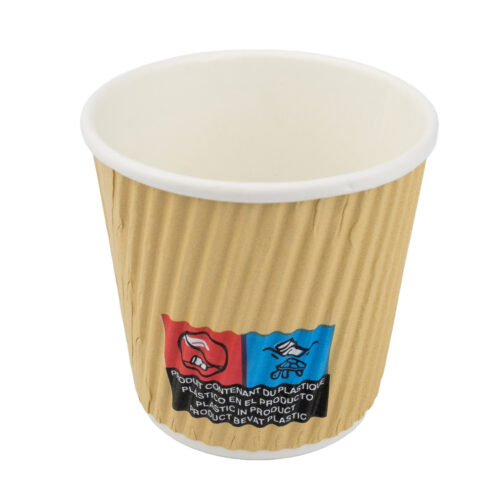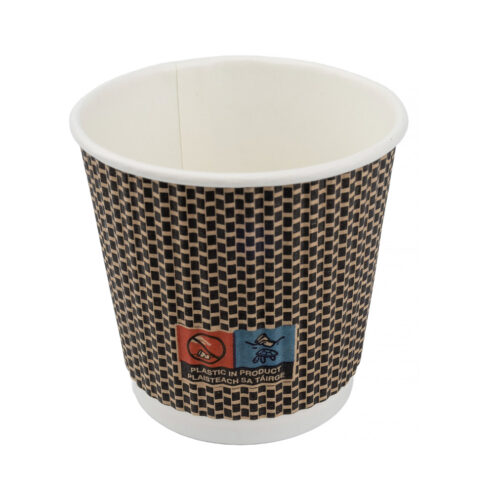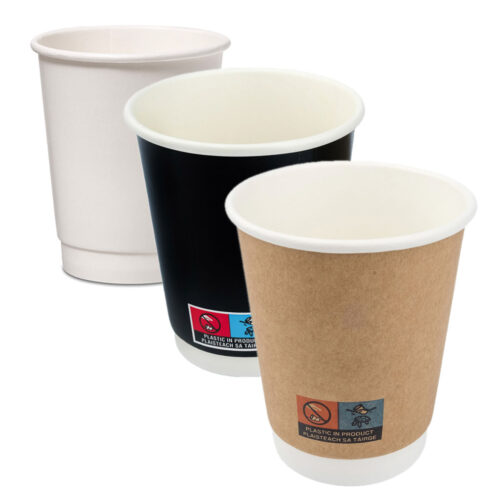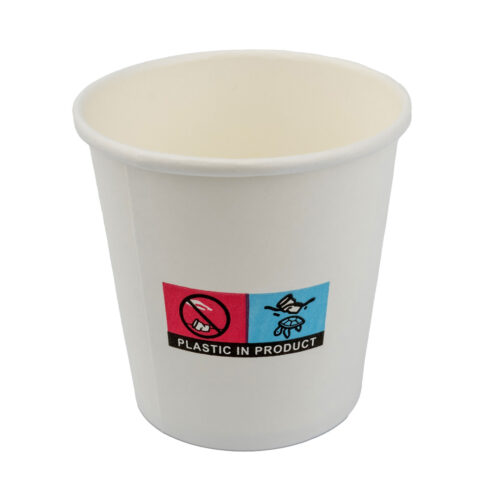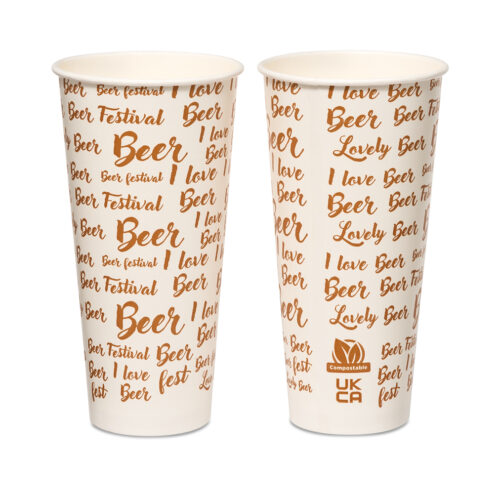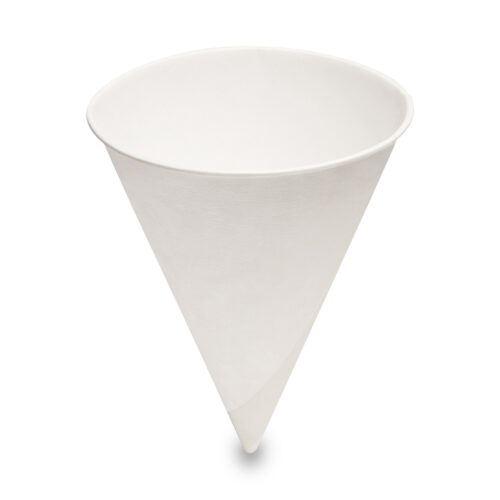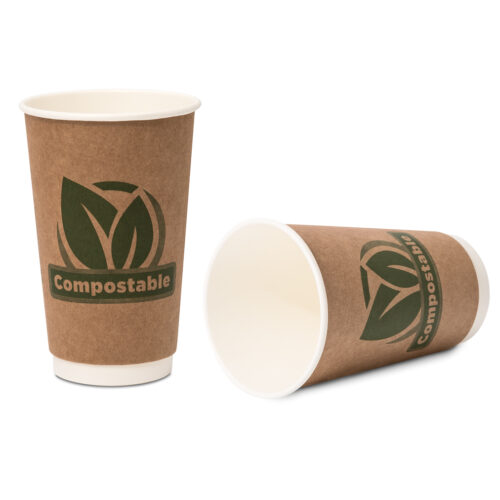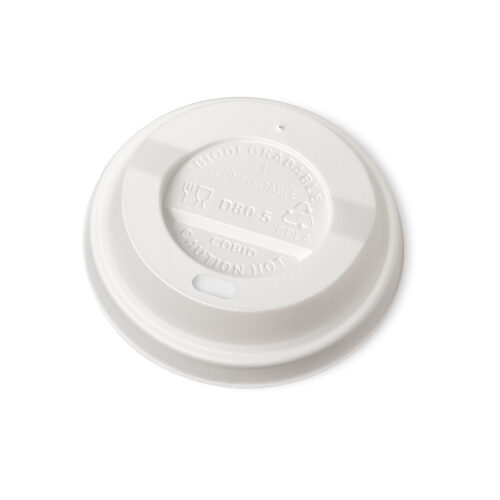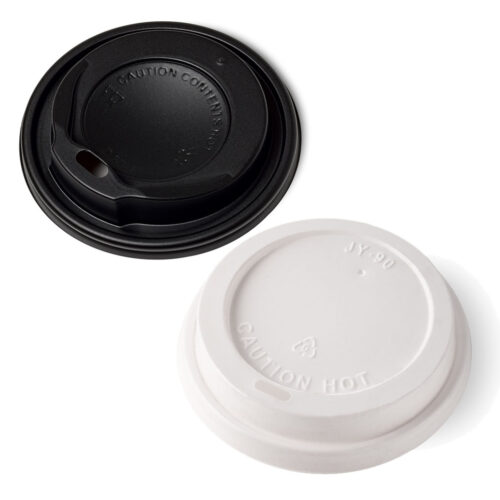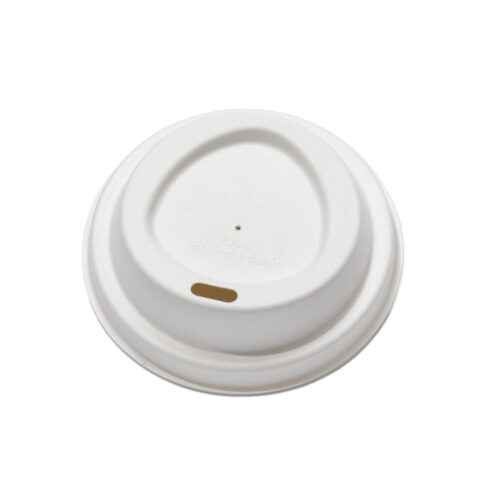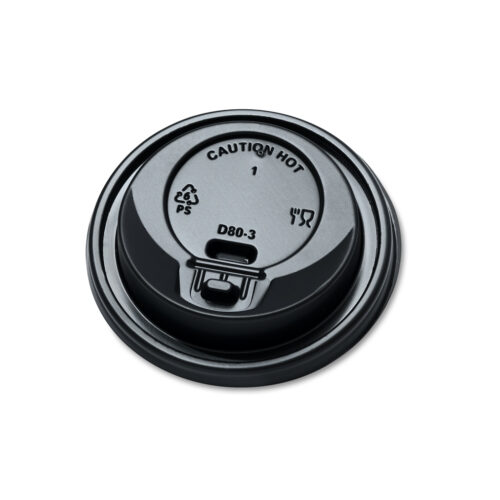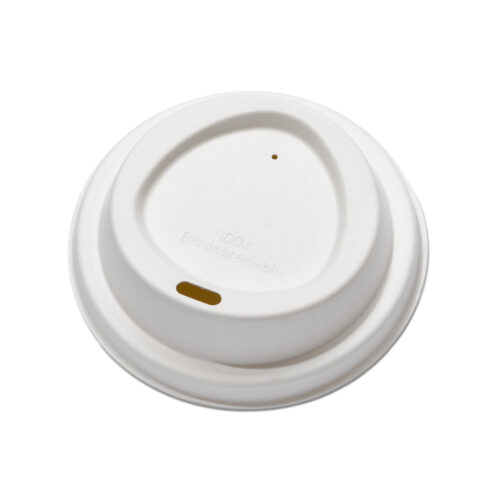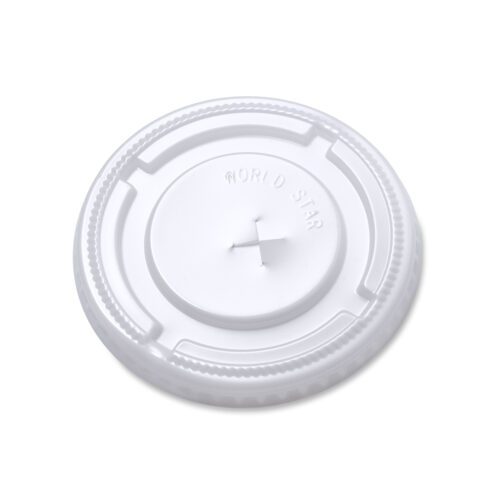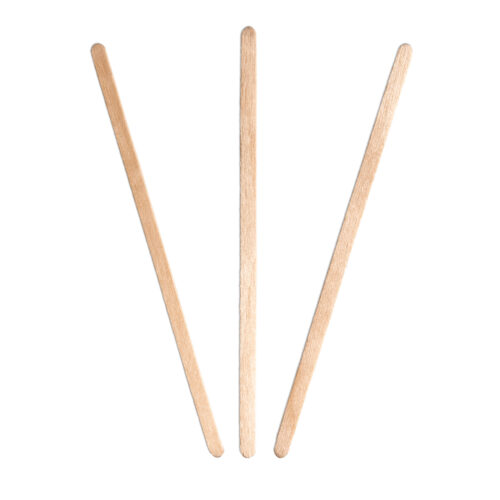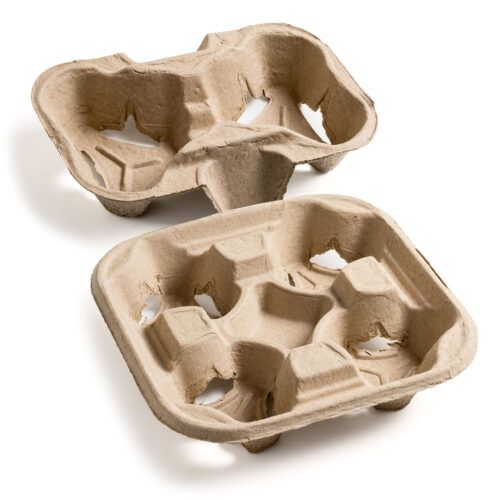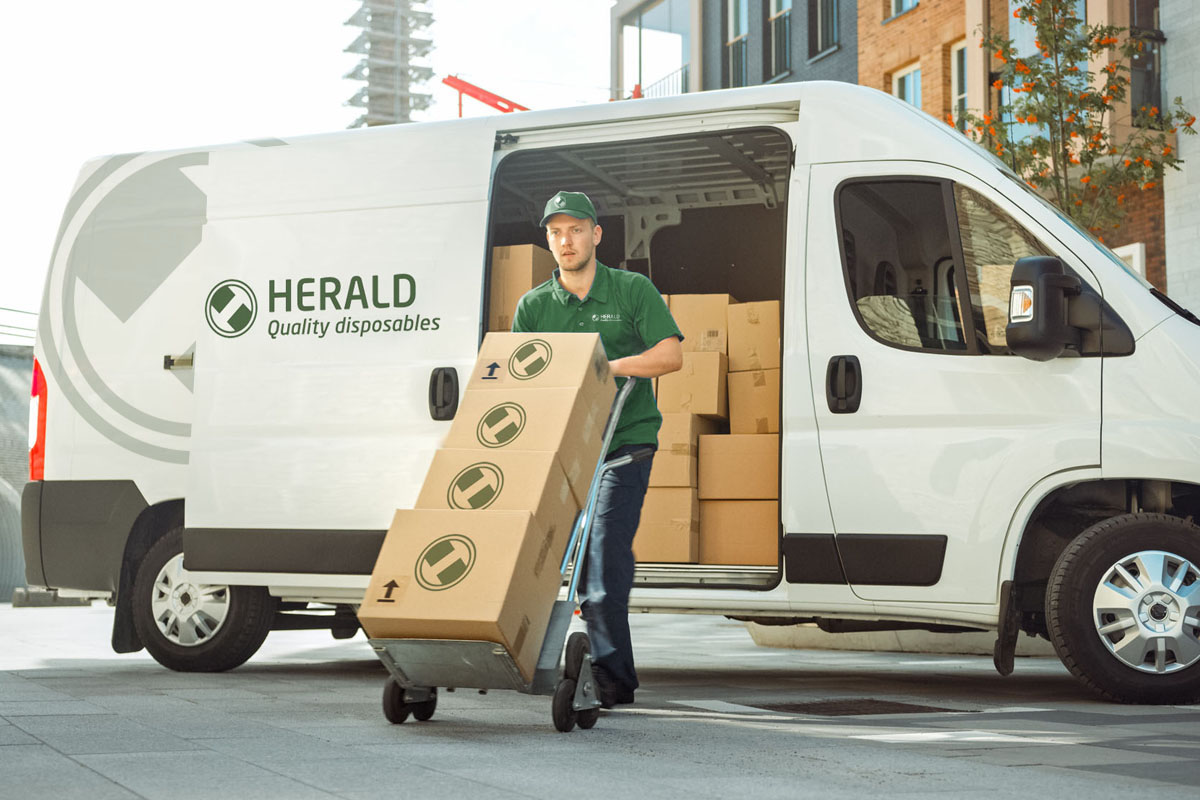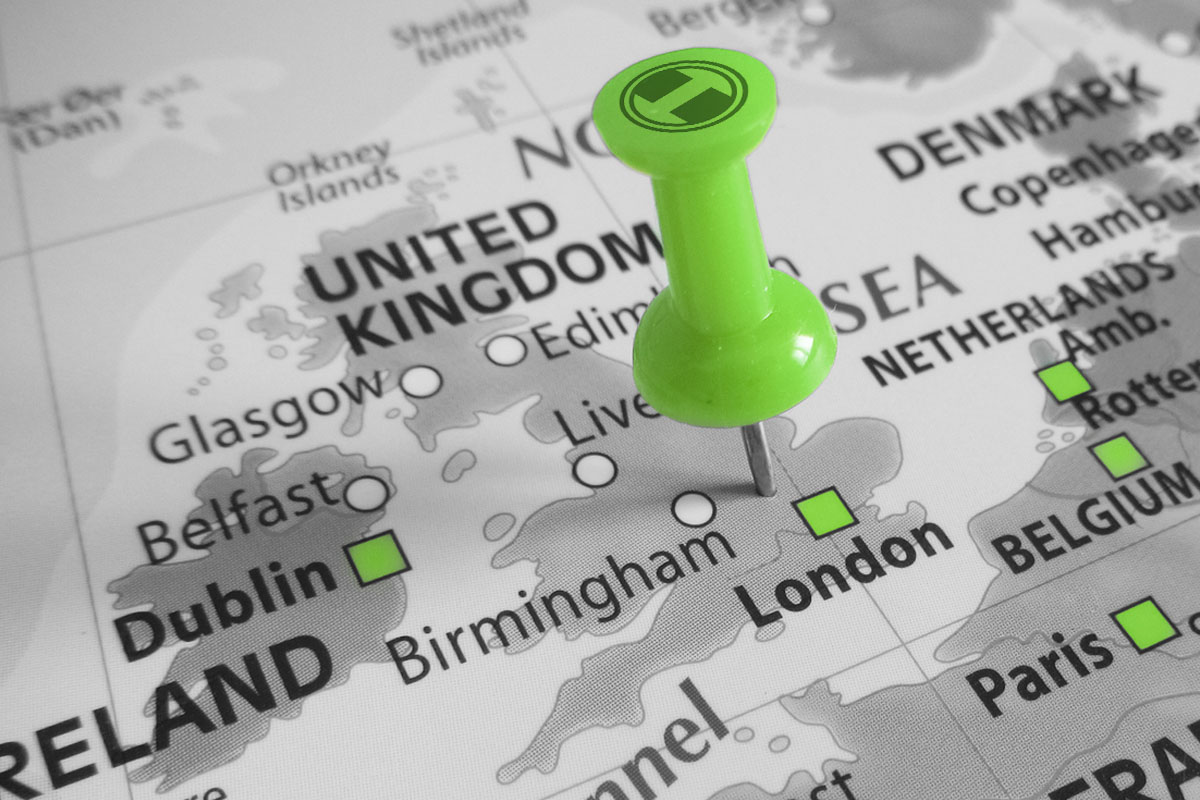BIO cups are eco-friendly disposable cups made from biodegradable and compostable materials. These cups are designed to break down naturally in the environment, reducing the impact on landfills and pollution compared to traditional plastic cups.
Drinks on the go
Providing you with a reliable source for all drinks ‘to go’ products.
Herald Quality Disposables a range of products from cups to ancillary items, including lids, straws, stirrers and carriers, our Grab & Go and Jazz Café ranges are second to none. There is a full selection of single wall, double wall and ripple wall kraft, black and white cups available, including fully biodegradable options.
Some of the questions we are asked the most
BIO cups are typically made from renewable and sustainable materials, including:
- Polylactic Acid (PLA): A bioplastic derived from corn starch or sugarcane.
- Bagasse: A byproduct of sugarcane processing.
- Paperboard: Often used with a biodegradable lining like PLA.
Yes, BIO cups are compostable. They are designed to break down in industrial composting facilities within a few months. Some BIO cups can also be composted at home, though the process may take longer and require specific conditions.
BIO cups offer several environmental benefits, such as:
- Reduced Plastic Waste: They help decrease reliance on petroleum-based plastics.
- Lower Carbon Footprint: Production often results in fewer greenhouse gas emissions.
- Sustainable Resources: Made from renewable materials like corn and sugarcane.
- Decomposability: They break down more quickly than traditional plastics, reducing landfill burden.
BIO cups are generally safe for food and beverages as they are made from food-grade materials. They do not contain harmful chemicals like BPA, which can be found in some plastics.
BIO cups should be disposed of in the following ways:
- Industrial Composting: The best option, where available, as it provides the optimal conditions for biodegradation.
- Home Composting: If the cup is certified for home composting.
- Recycling: If facilities accept PLA or similar materials, though this is less common.
- Trash: As a last resort, if no composting or recycling options are available.
When purchasing BIO cups, look for certifications that verify their compostability and environmental impact, such as:
- BPI Certified Compostable: Ensures the product meets specific standards for compostability.
- TÃœV Austria OK Compost: Certifies products for both industrial and home composting.
- USDA Certified Biobased Product: Indicates the product is made from renewable resources.
Yes, BIO cups can be customized with logos, branding, or unique designs. This makes them an attractive option for businesses looking to promote sustainability while maintaining brand visibility.
BIO cups are versatile and used in various settings, including:
- Cafes and coffee shops
- Restaurants and food trucks
- Events and festivals
- Offices and corporate events
- Household use for parties or casual gatherings
While BIO cups have many benefits, there are a few potential drawbacks:
- Cost: They can be more expensive than traditional plastic cups.
- Composting Facility Availability: Industrial composting facilities may not be available in all areas.
- Performance: Some BIO cups may not be as durable or heat-resistant as conventional plastic cups.

